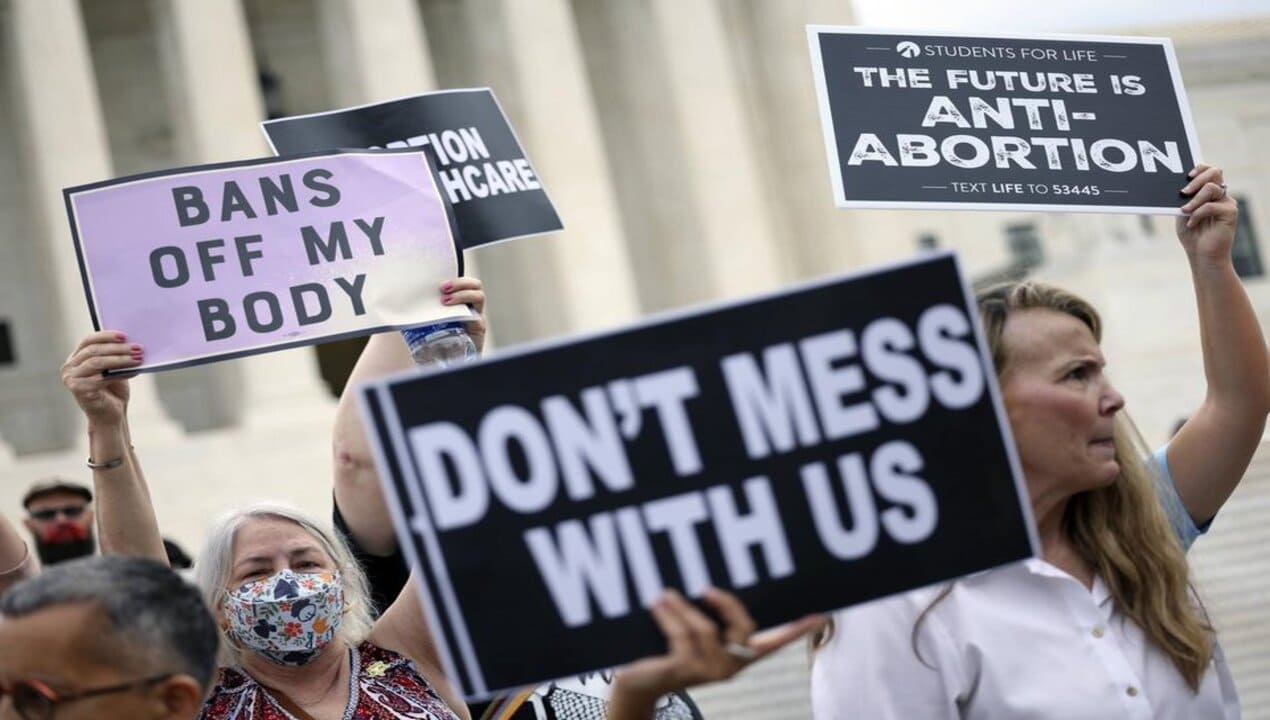
Independent Report – A federal US judge in the United States has invalidated a rule introduced by the Biden administration aimed at enhancing privacy protections. For women seeking abortions and patients undergoing gender transition treatments. This decision came on a Wednesday when U.S. District Judge Matthew Kacsmaryk, based in Amarillo, Texas. Ruled that the Department of Health and Human Services (HHS) had overstepped its authority by implementing the rule. According to Judge Kacsmaryk, the agency unlawfully restricted the ability of states to enforce their public health laws through this regulation.
The rule in question was designed to prevent healthcare providers and insurance companies from sharing information. About legally obtained abortions with state law enforcement agencies. This protection was particularly important in states where abortion is restricted or banned. As it aimed to prevent legal action against patients or providers based on confidential medical information. The Biden administration introduced this rule as part of its broader commitment to support reproductive healthcare, especially after the U.S. Supreme Court overturned the landmark Roe v. Wade decision in 2022. That Supreme Court ruling had previously guaranteed the constitutional right to abortion nationwide.
Judge Kacsmaryk, who was appointed during former President Donald Trump’s administration. Expressed that the HHS lacked clear authority to create special privacy protections specifically for medical procedures that have become politically controversial. He argued that the agency’s actions interfered with the states’ rights to enforce their public health regulations. Prior to this nationwide ruling, Kacsmaryk had already temporarily blocked the enforcement of the rule in December. Responding to a lawsuit filed by a Texas doctor named Carmen Purl. The recent ruling extends that block across the entire country.
Also Read : CDC Panel to Focus on MMRV Vaccine and Mercury Preservative
Carmen Purl is represented by the Alliance Defending Freedom, a conservative Christian legal organization. This group praised the court’s decision, with Matt Bowman, a senior counsel for the organization. The organization stated that the Biden-era rule would have misused privacy laws to protect procedures not directly related to abortion or gender identity issues. Reflecting a broader conservative viewpoint that questions the legality and appropriateness of the Biden administration’s privacy protections in this context.
The rule was seen as a response to increasing efforts by certain Republican-led states to restrict abortion access by banning the procedure within their borders. Andl also limiting the ability of residents to travel out of state to obtain abortions. Texas, for example, has aggressively pursued laws to curb abortion access and has filed a separate lawsuit challenging the HHS rule. This ongoing case is currently being heard in a federal court located in Lubbock, Texas. The HHS, in recent court documents, mentioned that leadership appointed during the Trump administration. Is reviewing the agency’s position regarding this case.
The debate over abortion rights and patient privacy has intensified since the Supreme Court’s decision in 2022. With abortion no longer guaranteed as a constitutional right, states have taken varying approaches, some heavily restricting or banning abortion. While others have sought to protect access. The Biden administration’s rule was an attempt to provide federal-level safeguards for patients and providers amid this patchwork of state laws. However, the recent court decision highlights the legal and political challenges that arise when federal agencies attempt to intervene in state-regulated areas.
The controversy also raises important questions about the balance between federal authority and states’ rights. Especially in highly sensitive issues such as reproductive healthcare and gender-affirming treatments. Advocates for the rule argue that protecting patient privacy is essential to ensure safe access to medical services without fear of legal consequences. On the other hand, opponents claim that the federal government exceeded its powers and interfered with states’ ability to enforce their own laws.
At this moment, the HHS has not issued an official comment regarding the judge’s decision. The Biden administration will likely consider its next steps. Which could include an appeal or revising the rule in a way that addresses the court’s concerns. Meanwhile, patients and healthcare providers in states with restrictive abortion laws remain uncertain about how privacy protections will be maintained moving forward.
This case is part of a larger national conversation on reproductive rights, privacy. And also the role of government in regulating healthcare. The outcome will have significant implications not only for abortion access but also for how personal medical information is protected across the country. With ongoing lawsuits and political debates, this issue remains a central and highly contested part of current U.S. policy discussions.
Also Read : From Track to Street: Airbag Vests Bring MotoGP Safety